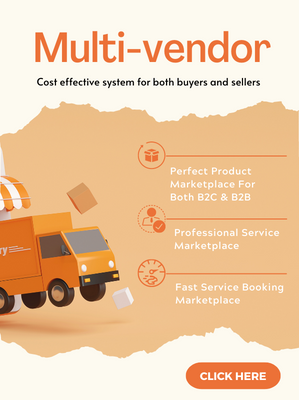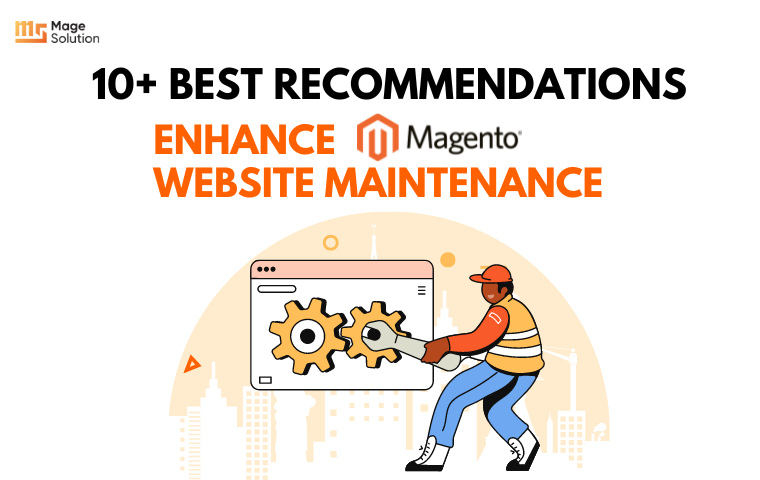Best free ecommerce platforms can help you take your business online. In this post, we will compare the best free online stores and show you detailed pros and cons analysis for each, so you can pick the best website builder for your requirements.
How to Choose the Best Free eCommerce Platform

Let’s be honest, there is no such thing as a 100% free eCommerce platform. Even when the eCommerce platform itself is free, you will have to pay for a domain, web hosting, payment processing fees, and other modules costs. You would also want the platform to be easy to use, full-featured, with the ability to accept payments using your preferred payment methods. First off, when it comes to selecting the best free eCommerce platform, your main criteria should be…
- Low Monthly Costs – How much does the shopping cart cost to run on a monthly basis including all extensions on etc…
- High Level Of Extensibility – If there’s a function that you need, can you easily add functionality to your online store?
- 3rd Party Support – Are there companies actively developing an extension for the shopping cart?
- High Level Of Control – Do you have the freedom to change the shopping cart and tailor it to your own requirements?
- Ease Of Use – Is the shopping cart easy to use and maintain?
Best free eCommerce platform
In this post, we’ll cover the three options that you can use to make money online and grow your business.
- The best free eCommerce platforms: these allow you sell without any ongoing costs but will come with strict limits, or charge commission fees. We’d only really suggest these for people selling ‘on the side’.
- The best eCommerce platforms with free trials: you’ll need to pay for these plans eventually, but the free trial gives you the chance to see if this is worthwhile. These platforms are perfect for testing a platform and seeing if it will be worth paying for.
- The best free eCommerce software: powerful open-source platforms that are free to install, but will carry some ongoing costs.
Option 1: Best Free Ecommerce software
1. Magento
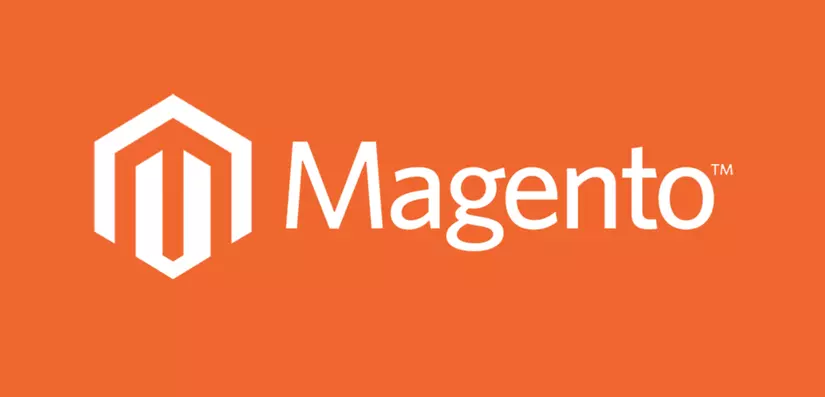
Magento is one of the best options for enterprise-level businesses. Magento is a powerful platform with extensive capabilities. Although the platform requires a fair amount of technical expertise to set up, maintain, and host access to the source code. If you can’t code, we don’t recommend Magento. Magento itself is free, but expect to pay out for developer fees, and for robust hosting to match.
Pros
- Highly flexible with open source code make expanding capabilities and customizing experiences virtually limitless
- A huge community of developers, Magento extensions to solve problems and provide support
- Great set of out of the box features that provide a foundation for a best in class web experience
- Powerful features capable of supporting thousands of transactions per minute
Cons:
- Difficult setup and installation process
- A least suitable platform for beginners – you should either have developer skills or be willing to hire someone who does
- No help and support
- Some extensions are expensive
2. WooCommerce

It’s one of the best free eCommerce platforms that you can download and run on any web hosting provider. Because WooCommerce doesn’t provide hosting for you, you’ll need to purchase a web hosting and a domain name to make sure your online store can be accessed by users worldwide.
Pros:
- Built for WordPress, making installation super simple
- Extremely scalable, with no limits on the number of products or users
- Easy to use, with useful setup wizard built-in
Cons:
- You need to install extensions for key sales functions
- The cost of add-ons can add up
- You must be using WordPress, rather than another open-source platform
3. OpenCart
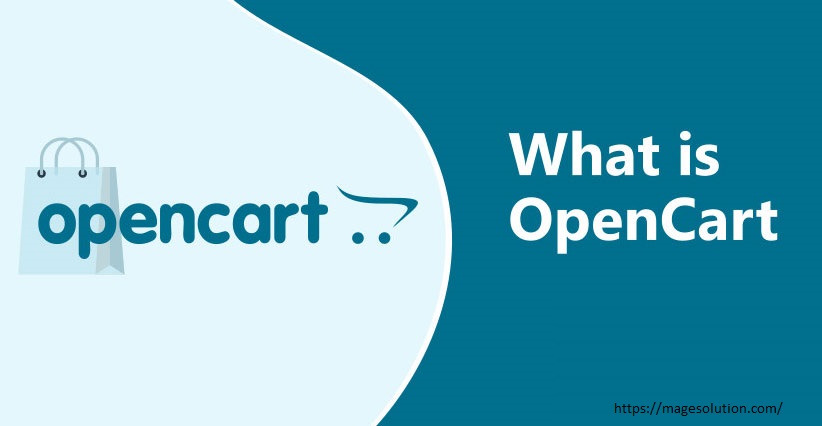
OpenCart a complete e-commerce solution that is best suitable for mid-sized businesses. Compared to other the best free eCommerce platform, OpenCart is really pretty easy to use and lightweight. It’s free and there is a decent community to turn to if you get any problems when designing your website.
Pros:
- Fewer running costs than Magento
- A light software that doesn’t provide unnecessary features weighing it down
- Add specific functionality via the 14,000+ OpenCart integrations on offer
Cons:
- Fewer functions built-in, so need to allow for the extra cost
- May requirements work from a developer
4. PrestaShop
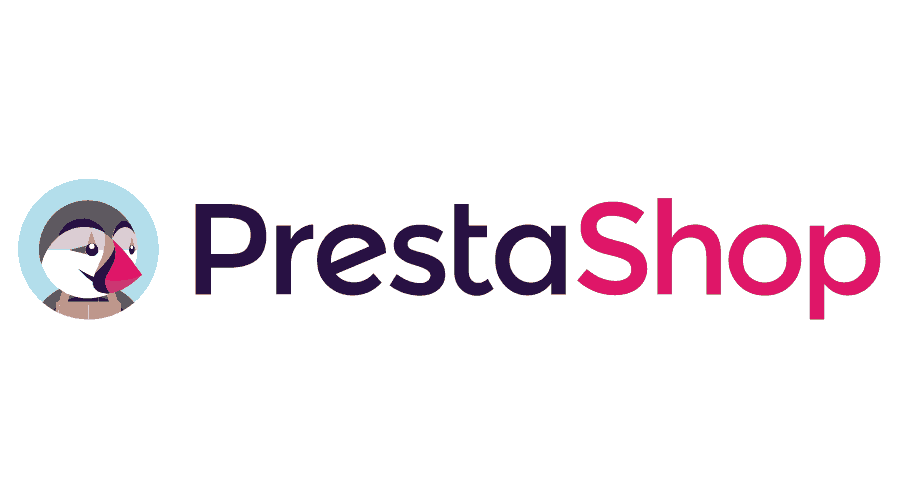
OpenCart is a highly customizable open-source eCommerce platform with no monthly fees. It has a powerful administrator dashboard that provides you an at-a-glance view of essential metrics like sales, customers, and more. It is a great solution for small start-up businesses.
Pros
- Easy to install
- Highly customizable with some coding knowledge.
- Tons of add-ons and third-party extensions.
- Self-hosted, full control on server files.
- Demographic assistance
- Secure payment
Cons
- Limited scalability
- Unprofessional design
- No official support team
- Add-ons can get really expensive.
- Speed needs to be improved.
Option 2: Best Free Ecommerce Website Builders
6. Constant Contact
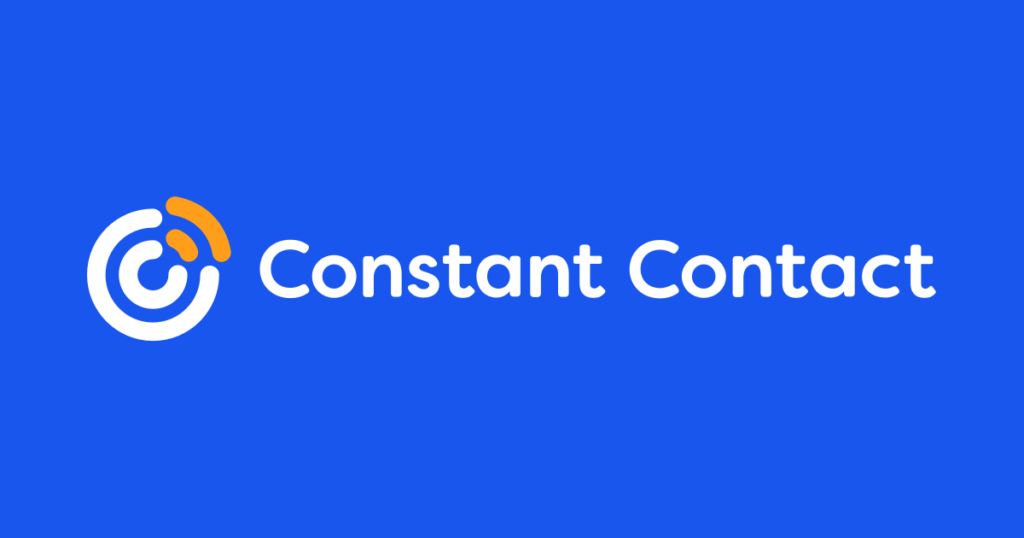
It’s a design-assisted website builder, meaning rather than choosing a template and editing your own website, Constant Contact generate a site for you. With Constant Contact, you can only sell up to three physical or digital products, all with a 3% transaction fee. Email marketing is a really strong advantage for Constant Contact, but the SEO could be enhanced. If you want to upgrade, paid plans start at $10/month.
Pros:
- Simple and easy to use
- Very affordable and has a free forever plan
- Great-looking templates
- Ability to use themes and tweak the site’s code
Cons:
- Might not be ideal for larger stores or stores that need advanced capabilities
- Not very flexible
- Lacks a search function
- Limited payment options
7. Big Cartel
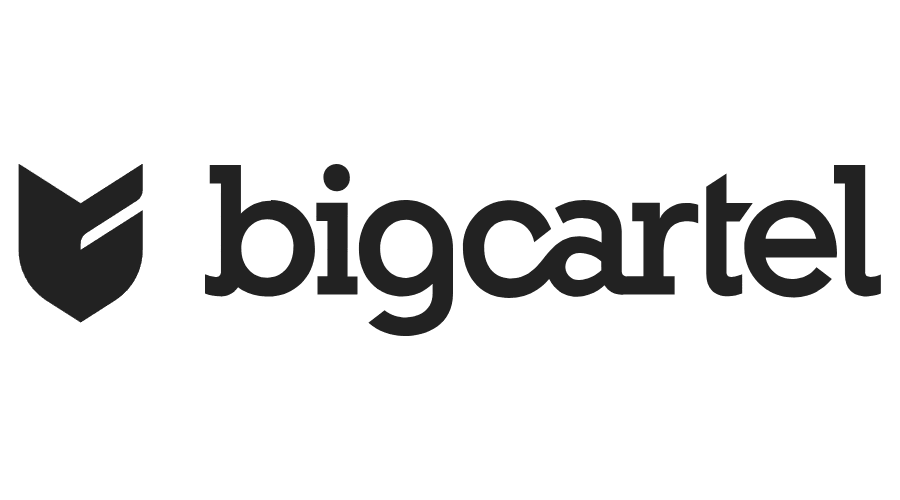
Big Cartel was made with makers, designers, musicians, and other artists in mind. Ideal for a small website, this solution allows you to set up your website with several pre-made themes. And if you need more customization, the platform provides you tweak the HTML, CSS, and JavaScript directly.
Pros:
- Simple and easy to use
- Very affordable and has a free forever plan
- Great-looking templates
- Ability to use themes and tweak the site’s code
Cons:
- Might not be ideal for larger stores or stores that need advanced capabilities
- Not very flexible
- Lacks a search function
- Limited payment options
8. Weebly

Weebly is the most generous free eCommerce plan. It is a great solution for anyone looking to set up a simple store on the cheap. It’s one of the easiest eCommerce platforms to use. Weebly’s free plan – as with most free plans – you can’t add a custom domain name, and your website will display Weebly ads.
Pros:
- Easy customization.
- Integration with other apps and add ons.
- Intuitive and easy to use.
- Affordable.
- Constantly improving and adding new functions.
- Response standards for security and cookies.
- Has an auto-save feature so your work doesn’t get lost.
- Many template options to use as a starting point.
- Provides a strong support community to fix problems and find ideas.
- SEO settings are easy to implement and update.
Cons:
- Sometimes the platform can be glitchy and needs a refresh.
- Some formatting and placement options are not customizable and this may be frustrating to some users (especially those coming over from WordPress).
- When you are uploading photos, you have to wait for the upload to finish before working on another part of your site or your work won’t save (I lack patience so this bothers me).
- Detailed customization in the HTML is possible but may create over-confidence in users – especially those that don’t have coding experience.
9. Square Online

Square Online is an amazing choice if you’re looking for an eCommerce platform to start your online business. You’ll be able to set up your eCommerce store fastly and easily with Square, which is focused on offering helpful tools for a website. You’ll also find that Square undercuts some of its big competitors such as Shopify and BigCommerce.
Pros:
- Very quick to set up and easy to use
- Responsive help and support
- Seamless payments system
- Inbuilt marketing features support everything from email marketing to paid advertisements
Cons:
- Limited scope for customizing your site
- Few payment processing options
- Not a very scalable option for larger merchants
- The small learning curve when you first get started with the platform
Option 3: Best free eCommerce platform with free trials
10. Wix

Wix is an SMB-friendly website hosting and building platform that has a ton of features for building a sleek online store. It comes with free and reliable hosting so you won’t have to worry about server upkeep and maintenance.
Pros:
- Mobile editor
- Fully hosted, Easy to use
- Accept multiple payment methods with no commission
- Add product videos
- Sell supplementary products
Cons:
- Cannot sell across multiple channels
- Design options can be overwhelming
- No abandoned cart recovery
- Poor inventory system
11. Shopify

Shopify is the best all-around eCommerce platform. Shopify is another fully hosted eCommerce platform. Shopify also provides a 14-day free trial and, like BigCommerce’s free trial, this doesn’t require a credit card. Besides, Shopify has social media selling tools and it integrates with marketplaces like Amazon.
Pros:
- Fully-hosted, so you won’t have to worry about server maintenance and costs
- Very easy to use and beginner-friendly
- A great selection of themes to choose from
- Low monthly fees
- Numerous Shopify partners that can provide support
- Highly engaged community
- Many options for third-party integrations from their store
- Support of multi-channel retailing — i.e. online, offline, social
Cons:
- Additional transaction fees for using external gateways
- No free plan available (just free trial)
- Customization limited to theme and platform capabilities
- Transaction fees
- No B2B capabilities out of the box
- You might have to wait for a longer time to get a response from tech support
12. BigCommerce
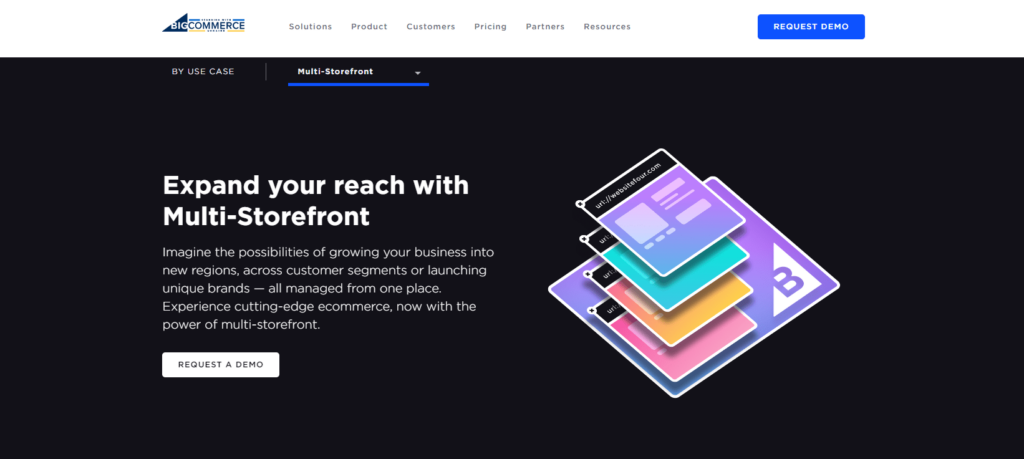
BigCommerce is so much more than just an eCommerce site builder. This best free online store solution offers robust business management capabilities out of the box that supports you to stay on top of your business. Some of these outstanding features such as a robust product catalog, flexible shipping & real-time quotes, coupon and discounting tools, and more.
Pros:
- Sell across Facebook and Instagram
- Fantastic SEO tools
- Most inbuilt features
- Accept multiple payment methods with no transaction fees
- Fully hosted and robust business management capabilities
Cons:
- The editing interface is confusing
- No mobile app
- Uses complex terminology
- Themes can get pricey
13. Squarespace

Squarespace is an easy-to-use service for building all types of online stores. It provides all the basic functions that you’d expect from an eCommerce platform, including unlimited products, multiple SKUs, and variants.
Pros:
- Fully hosted, so you won’t have to worry about server maintenance and costs
Beautiful designs - Great online marketing features
- No transaction fees
Cons:
- Lacks payment methods
- No app store
- Hardest non-eCommerce-specific builder to use
14.OsCommerce
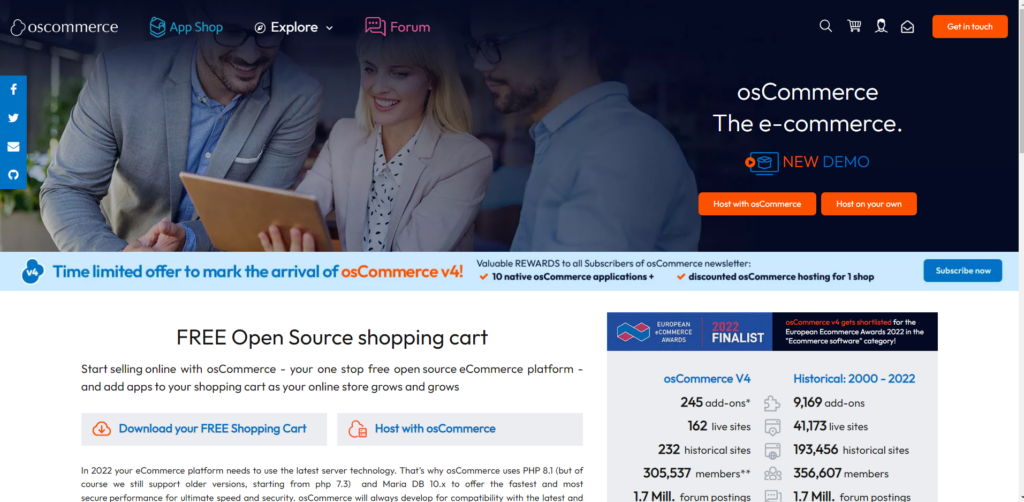
Oscommerce is an open-source and self-hosted platform. It lets you create a highly customizable and extendable online website. OsCommerce also offers a wide and enthusiastic community behind it, with more than over 298,887 store owners, developers, and service providers.
Pros:
- Can easily be customized and extended
- Offers both community and expert support
- Great-looking templates
- OsCommerce is highly established and is currently 17 years old at the time of writing
Cons:
- Reportedly prone to errors
- Requires more manual work
- Not easily scalable
15. BuyNow Plus
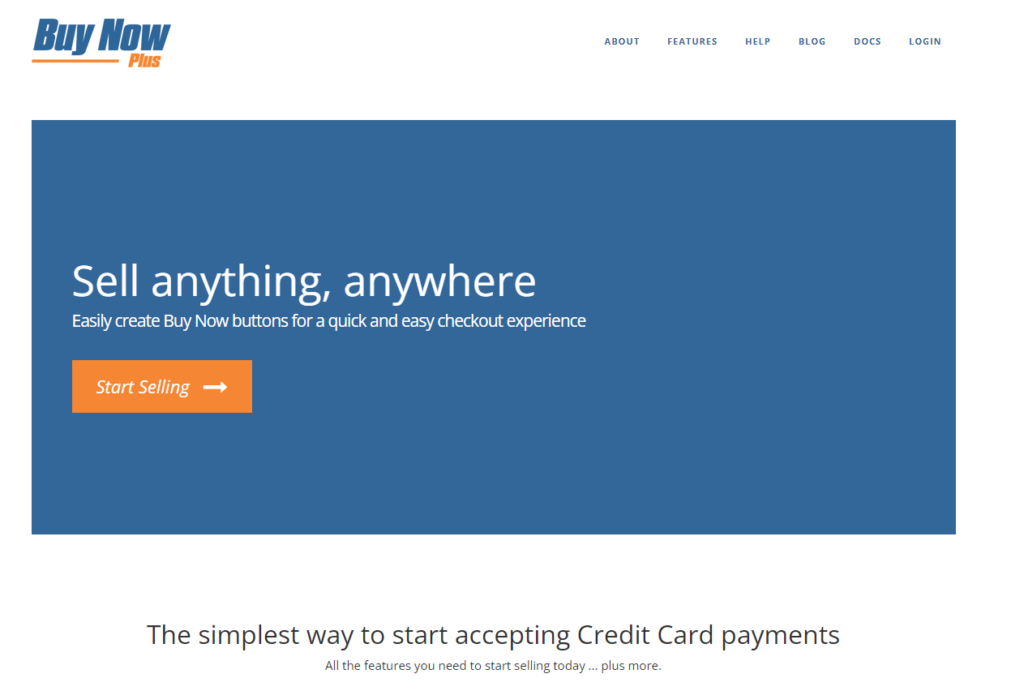
BuyNow Plus is not a full eCommerce platform. Instead, this best free online store allows you to create “buy now” buttons that you can put on any site. You’ll need to generate a free Stripe account in order to use BuyNow Plus.
Pros
- The transaction fee is pretty low at just 2% per transaction. Remember that Stripe charges its own transaction fees on top of this, though.
- You can use BuyNow Plus to solve recurring payments on credit cards without your customers needing to create an account. If you’re selling recurring memberships for offline products, then this is a really handy function
- You can put the button links on social media as well as on your store, or you can even use them in emails.
- There’s no limit to many different products
Cons
- Don’t offer anything extra, like inventory tracking or website creation.
- You could do something similar by using Stripe directly on your online store. That way, you wouldn’t need to pay BuyNow Plus’s transaction fee.
- You’d need your own SSL certificate, but it’s possible to get an SSL certificate for free.
So which is the best free eCommerce platform for you? That depends on what you’re looking for. If you want to start a high-performing, feature-packed, scalable, and secure eCommerce website? Then, contact Magesolution to have our developers build the websites for you. We are a leading ecommerce development company, covers all the website development needs of online entrepreneurs.
